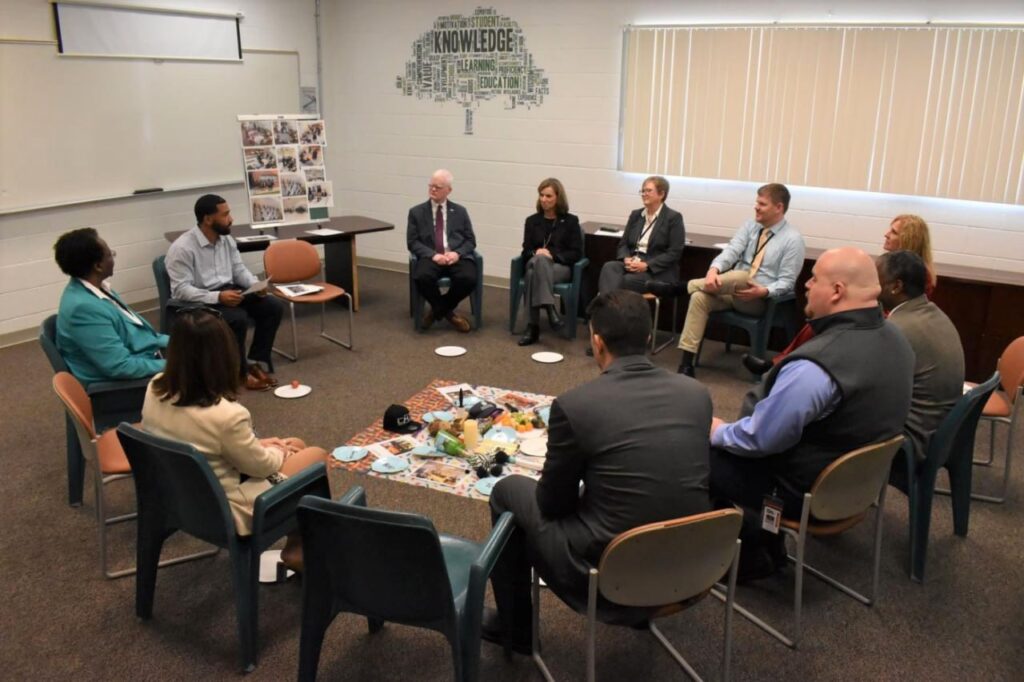EVOLUTION REENTRY PROGRAMS

Mediation and conflict-resolution program
Restorative Justice is a transformative tool that empowers everyone affected by crime to communicate and move forwards.
Restorative Justice gives people who have been harmed the chance to talk about the impact of the incident and seek answers about why it happened in a face-to-face meeting, via video, or through letters.
Victims of crime often feel excluded, confused, and revictimized by the criminal justice process. Restorative Justice brings them back to the heart of the discussion and allows them to have their voices heard – to detail the impact the crime had on them, and to seek answers to questions they have.
It also helps the person responsible for the harm to understand the impact of their actions, and can encourage them to change their behaviour.
Principles
The three core elements of restorative justice are the interconnected concepts of Encounter, Repair, and Transform. Each element is discrete and essential. Together they represent a journey toward wellbeing and wholeness that victims, defendants, and community members can experience.
The Process
plaintiff-defendant dialogue
This process enables direct communication between victims and offenders, often with a mediator present. Victims can share the impact of the crime on their lives, while offenders can acknowledge their actions and offer an apology.
Community Conferencing
This involves the broader community in conversations about crime and its repercussions. The focus is on finding ways to support both the victim and the person who has committed the crime in making amends.
Circles
Common in indigenous traditions, these gatherings include all who are involved in the situation including family members and community members. They come together to discuss the crime and agree on a resolution.
For Victims
Victims often achieve a sense of closure, have their experiences validated, and may receive restitution or other forms of compensation.
For Defendant
The person who has commited the crime is encouraged to take responsibility, understand the effects of their actions, and make reparations, which can aid in their rehabilitation and reintegration into society. This also strengthens community ties and lowers recidivism rates by addressing root causes and fostering a shared sense of responsibility.

Program Effectiveness
Studies show that restorative justice programs can decrease reoffending, enhance victim satisfaction, and improve community relations. However, their success may vary based on participant willingness and the quality of facilitation.

